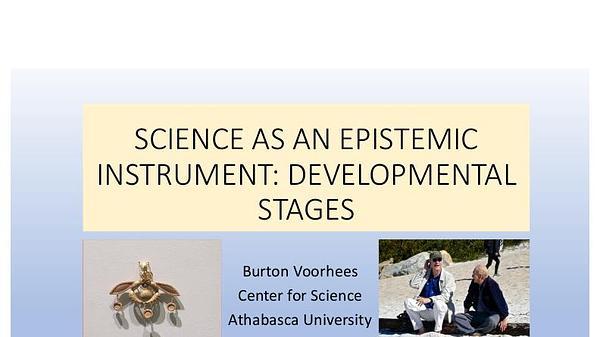Would you like to see your presentation here, made available to a global audience of researchers?
Add your own presentation or have us affordably record your next conference.
keywords:
decomposition analysis
literary fiction
demography
Many questions in the cultural evolution of the arts are inherently demographic in scope. Who contributes more to literary change – “old masters” or “young geniuses” (Galenson 2006)? Is literary change mainly driven by the turnover of generations (Moretti 2005; Underwood et al. 2022)? Does literature progress “one funeral at a time”, as Max Planck famously claimed about science (Azoulay et al. 2019)? Using decomposition analysis, a technique borrowed from evolutionary demography, we answer these questions for a large database of fiction authors (140,000 books) published between 1870–1970. Within this corpus, we track the rise and fall of algorithmically generated topics and decompose their temporal trajectories using this technique to measure the relative influence of the arrival of new authors to the literary field, the exit of authors at the end of their career, and changes in the age structure of authors in determining the overall evolution of each topic. While some trends clearly move through the population via social learning, we find that cohort turnover is a key driver of many trends in literary history. These results speak to the essential role for demography in understanding historical processes of cultural change.
